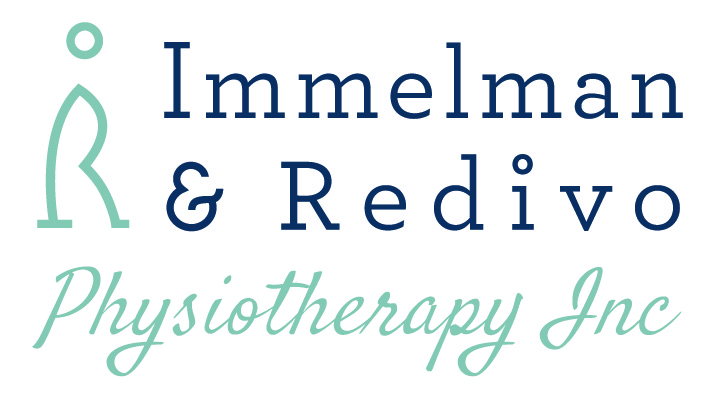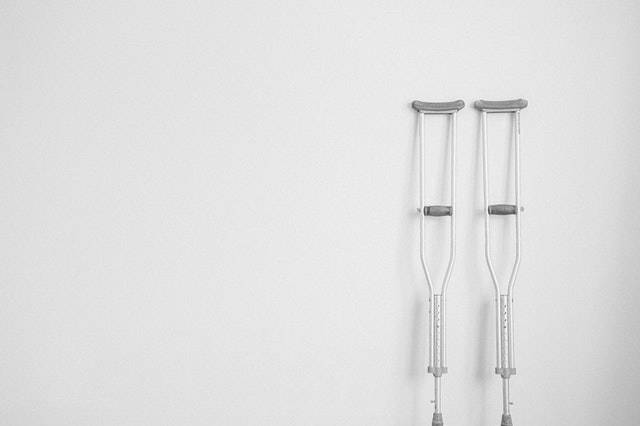Orthopeadic Care
Orthopeadic care includes the medical treatment of bones, nerves and muscles. If you have an orthopaedic condition, you will receive treatment by the multi-disciplinary team. At IR Physio we work with an exceptional team of orthopaedic surgeons in order to aid your recovery process.
Pre-operative and Pre-habilitation
Education regarding the surgery as well as setting expectations are very important in the recovery after a surgery. Prior to surgery – your pre-operative session assesses your lung function, functional status and sets the physiotherapy aims and goals following the procedure. Your operation will be explained to you, the plan for rehabilitation following surgery and any specifics about your home environment will be addressed. In some cases, getting in and out of bed and the car needs to be amended to respect the procedure and the healing process. If this is the case, you and your physiotherapist will practice the technique prior to the surgery. If you need to walk with a walking aid following the surgery, this too can be practiced. Pre-operative chest physiotherapy might be requested or needed to prevent complications that may arise from the anaesthesia.
You may need to do pre-habilitation, this means assisting you to achieve your highest functional level, as strong and mobile as possible prior to surgery. Getting you stronger will make the recovery as easy as possible. Your orthopaedic surgeon and/or physiotherapist will guide you when you need to start pre-habilitation.
In Hospital
The surgeon will refer you to physiotherapy during your hospital admission. You will be required to sign consent; this includes consent for the physiotherapy treatment, the terms and conditions of the practice, responsibility of the account, and consent for release of your personal information. The account is not part of the hospital bill. The physiotherapist will discuss this in further detail during the first consultation.
The practice administrative staff assist the initial process for physiotherapy pre-authorisation with the medical. However, it is not guaranteed that the authorisation will be approved. Each medical aid has different requirements and turn around times. The application is the first step of the process. Some medical aid requires authorisation for the initial treatment and then one needs to apply for an extension of that authorisation for the continuation of treatment. It is important that you speak to your medical aid regarding what the procedure will be.
Post-operative in hospital physiotherapy treatment is specific to the procedure that was done and includes education on the condition and aftercare such as: precautions after surgery, wound care, risk factors such as deep vein thrombosis (blood clots in the deep veins, usually in the calf or thigh) and specific exercises for recovery and rehabilitation. At times active assisted joint mobilisations are necessary to increase the range of motion of the affected joint. Early mobilisation following surgery is vital for your recovery and will assist you in regaining your independence and confidence; your physiotherapist will assist you with this. The latest evidence support the importance of a short hospital stay and the quick return to movement and function.
Follow up care
Out patient physiotherapy following discharge plays an important role in regaining optimal functioning after a surgery. Physiotherapy includes regaining full range of motion of the affected joints, improving muscle strength, stability and over time improving your endurance. Your physiotherapist will also guiding you on the process to return to activities like work and sport.
Often after surgery we tend to learn incorrect ways of moving for example walking or lifting your shoulder. If left, this could cause other problems in the limb, neck or back. Post operative physiotherapy will also address incorrect patterns and assist you to remedy these movements.

